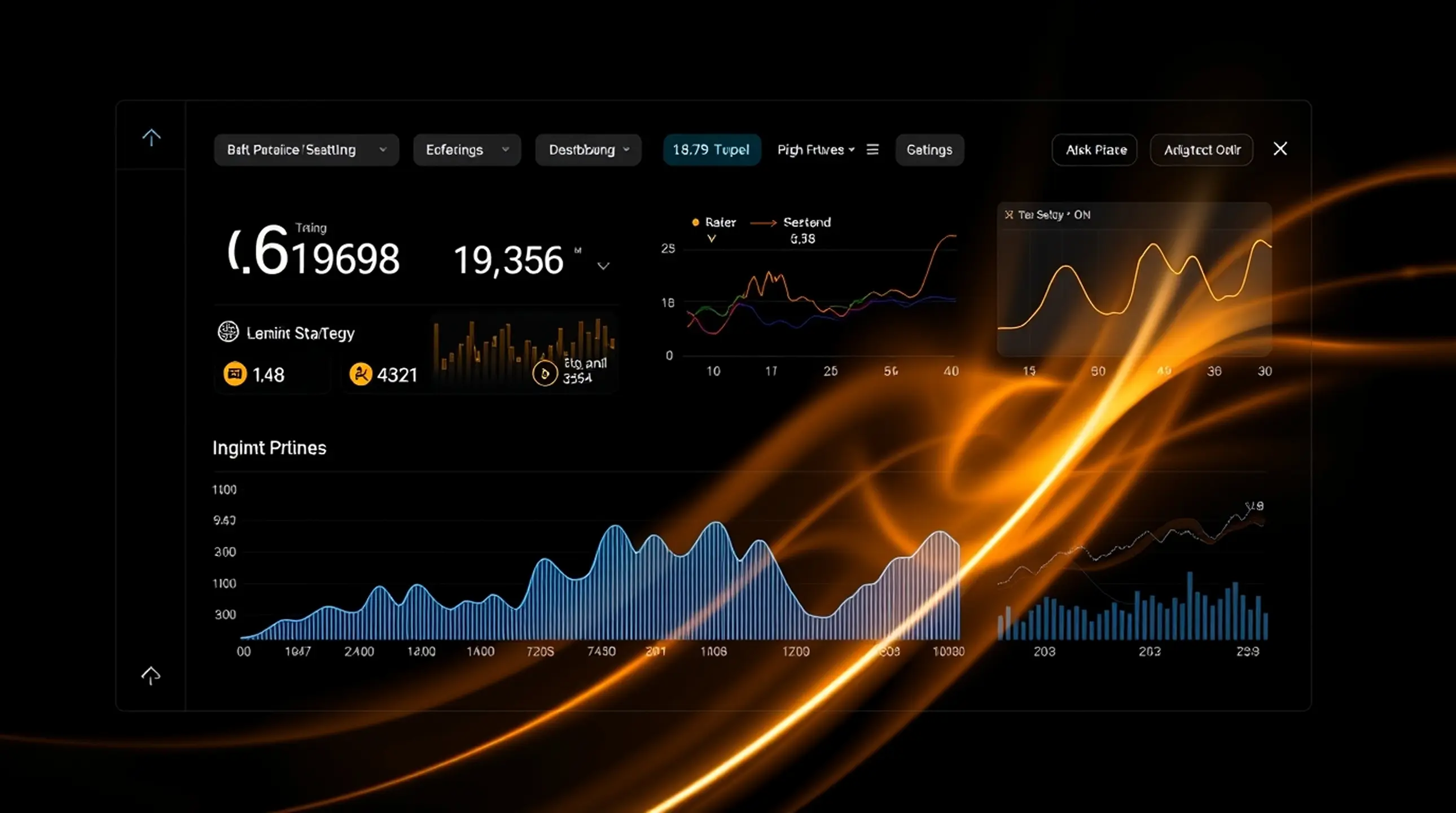Real estate is one of the most significant investments, yet its valuation remains a complex and often opaque process. Traditional appraisal methods, heavily reliant on comparable sales (comps) and expert judgment, frequently struggle to keep pace with dynamic market shifts, capture nuanced property characteristics, or account for future trends. This leads to inaccurate valuations, slow market response, and suboptimal investment decisions. The sheer volume of transaction, geospatial, and economic data makes **Artificial Intelligence and advanced analytics** indispensable for revolutionizing real estate valuation.
At Zyllica, we harness the power of AI and predictive analytics to transform traditional appraisal into a predictive, intelligent, and highly effective science. Our methodology empowers clients to gain deeper market insights, optimize investment decisions, and maximize returns. Our approach includes multi-source data integration, advanced predictive valuation modeling, and market trend forecasting to identify emerging opportunities.
Implementing AI solutions for real estate valuation offers profound benefits for all participants in the real estate ecosystem. Our solutions provide superior market intelligence, reduce risk by accurately assessing market volatility, and accelerate decision-making to capitalize on opportunities. This positions our clients as leaders in leveraging technology for superior real estate intelligence.
Contact Zyllica's Science Team to discuss how AI can optimize your real estate investments and market insights.
More Thought-Provoking Insights

In a world facing unprecedented threats to biodiversity, traditional conservation efforts often struggle to keep pace. This article explores how AI and advanced predictive models can transform conservation from a reactive battle into a proactive, intelligent, and highly effective strategy.

Urban safety is a core concern for municipalities worldwide. This article explores how AI and predictive analytics can transform traditional reactive policing into a proactive science, optimizing resource allocation and building safer, more efficient cities.

The agricultural sector faces increasing global food demand and climate volatility. This article explores how AI transforms traditional farming into a precision science, enabling agribusinesses to enhance crop yield, optimize resource allocation, and build a more resilient food supply chain.